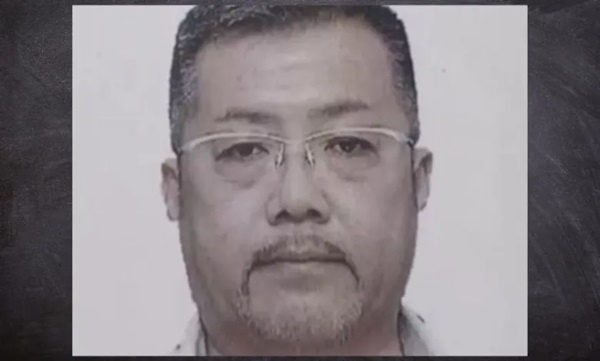The Osaka District Court has handed down a 10-year prison sentence to Hikaru Morikawa, identified as a key figure in an elaborate fraud ring operating in Africa that specifically targeted Japanese individuals.
The Mainichi Broadcasting System reported this development, Asaaseradio.com reports.
Morikawa, 60, who was extradited from Ghana in August of the previous year, faced charges of orchestrating a fraudulent scheme that duped over 30 Japanese victims out of a minimum of 110 million yen.
His tactics involved assuming various online personas, including that of an American writer and a UN official.
The fraudulent activities, characterized as “International Romance Fraud,” unfolded between 2017 and 2021. Morikawa allegedly feigned romantic involvement with victims, using affectionate language to gain their trust. Subsequently, funds were fraudulently obtained for fabricated purposes such as “recovering customs fees for sent jewelry.”
During the trial’s opening, Morikawa vehemently denied the allegations, asserting that none of the victims existed. He claimed, “I don’t know anything. I was not involved in any way,” before the court.
In response, the prosecution sought a 15-year prison term, highlighting Morikawa’s purported crucial role within the organization, which included collecting defrauded funds and providing them to the ring, taking a 5 percent commission.
The judge, in delivering the sentence, condemned Morikawa’s exploitation of victims’ romantic feelings as “nothing short of despicable.”
The financial damage incurred was extensive, with some victims losing more than 20 million yen, and others facing losses ranging from several million yen to over 10 million yen. The judge also emphasized the psychological damage inflicted by manipulating the victims’ romantic emotions.
Morikawa, born into a prosperous family with a university professor father, experienced a turbulent life journey.
Despite initially falling into juvenile delinquency, he later achieved success in the real estate business. However, he suffered substantial losses in the global financial crisis, leading him to relocate to Ghana, where the fraudulent ring was based. It was in Ghana that he encountered the leader of the fraud ring while working at a hotel.
Described as a “key member” of the ring, Morikawa played a significant role in defrauding approximately 390 million yen from 65 Japanese men and women, with eight Japanese men, including Morikawa, being arrested. The ring also involved eight local Ghanaians, including 34-year-old Nana Kofi Boateng, nicknamed “The Blue Kofi,” who is currently on the run to the United States.
In an interview conducted at the Osaka Detention Center in May, Morikawa, wearing pajamas and displaying signs of physical decline, vehemently denied being a “key member” and refuted the police and media’s portrayal of the total defrauded amount as 400 million yen, asserting it was less than 100 million yen. Despite the evidence presented in court, Morikawa insisted he had not received any compensation.
The case, as outlined by non-fiction writer Takehide Mizutani in his book “Report: International Romance Fraud,” sheds light on the increasing prevalence of such frauds, particularly during the COVID-19 pandemic.
Morikawa’s case is notable for revealing the systematic involvement of Japanese nationals in such crimes. Of the 65 victims, 32 were subjects of the trial, with Morikawa maintaining his innocence despite details of the fraudulent communications and fund transfers provided by the victims.
Belinda Smith, a professor at the University of Ghana, highlighted that such crimes are often perpetrated by young Ghanaians facing challenges in their education and employment prospects, with this case marking the first instance of collaboration with foreigners from a developed country in carrying out such crimes.
source: Ghana Web


















































